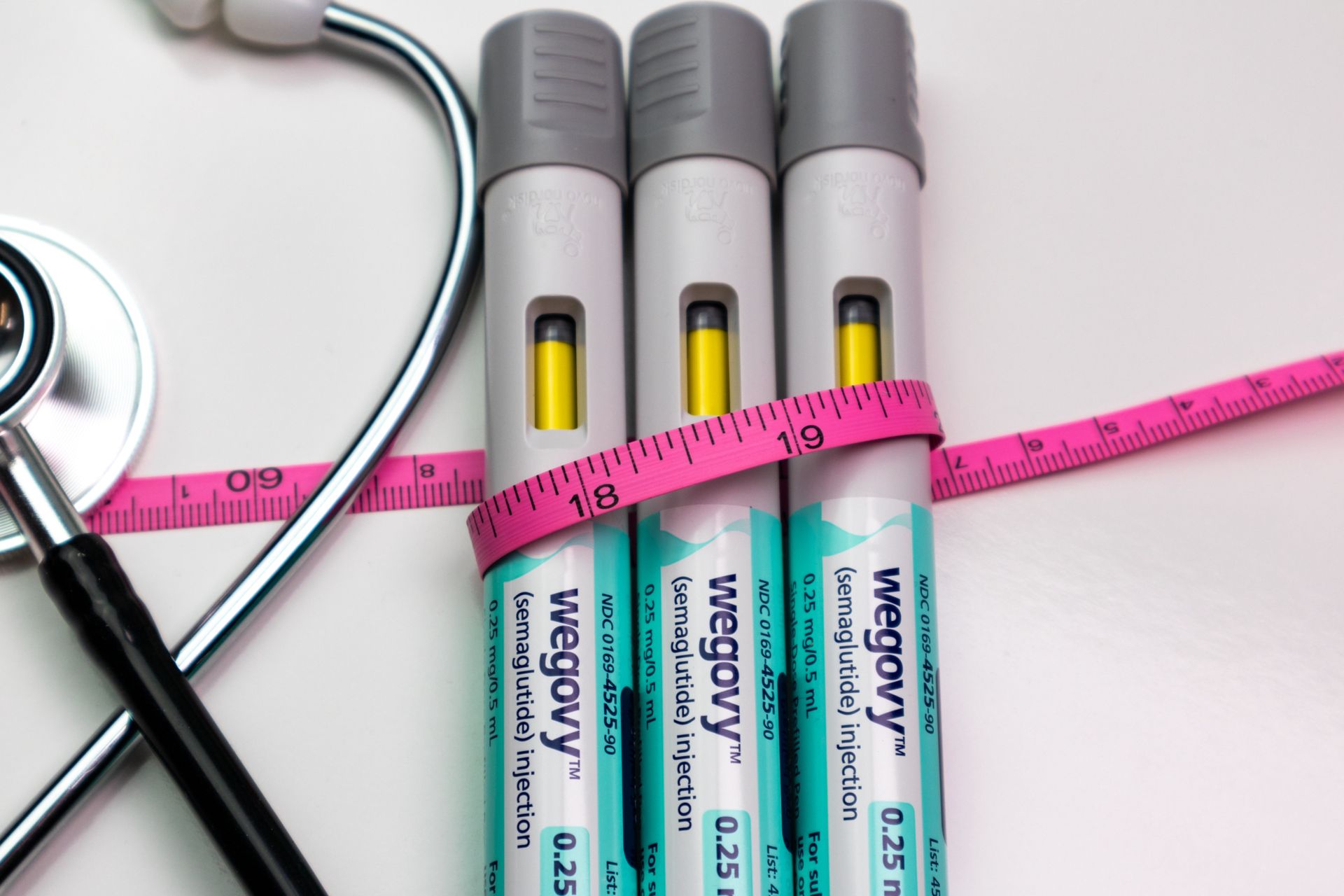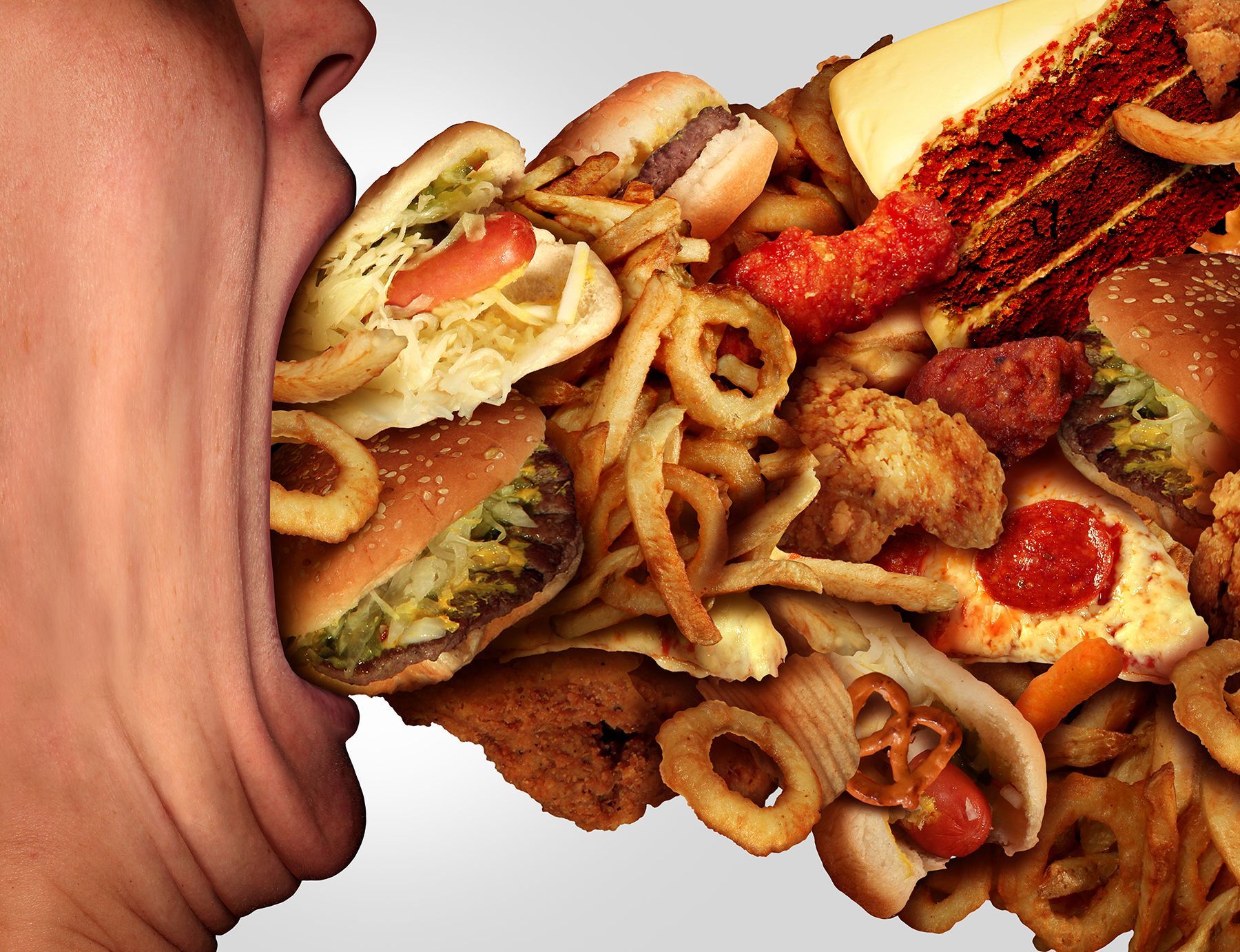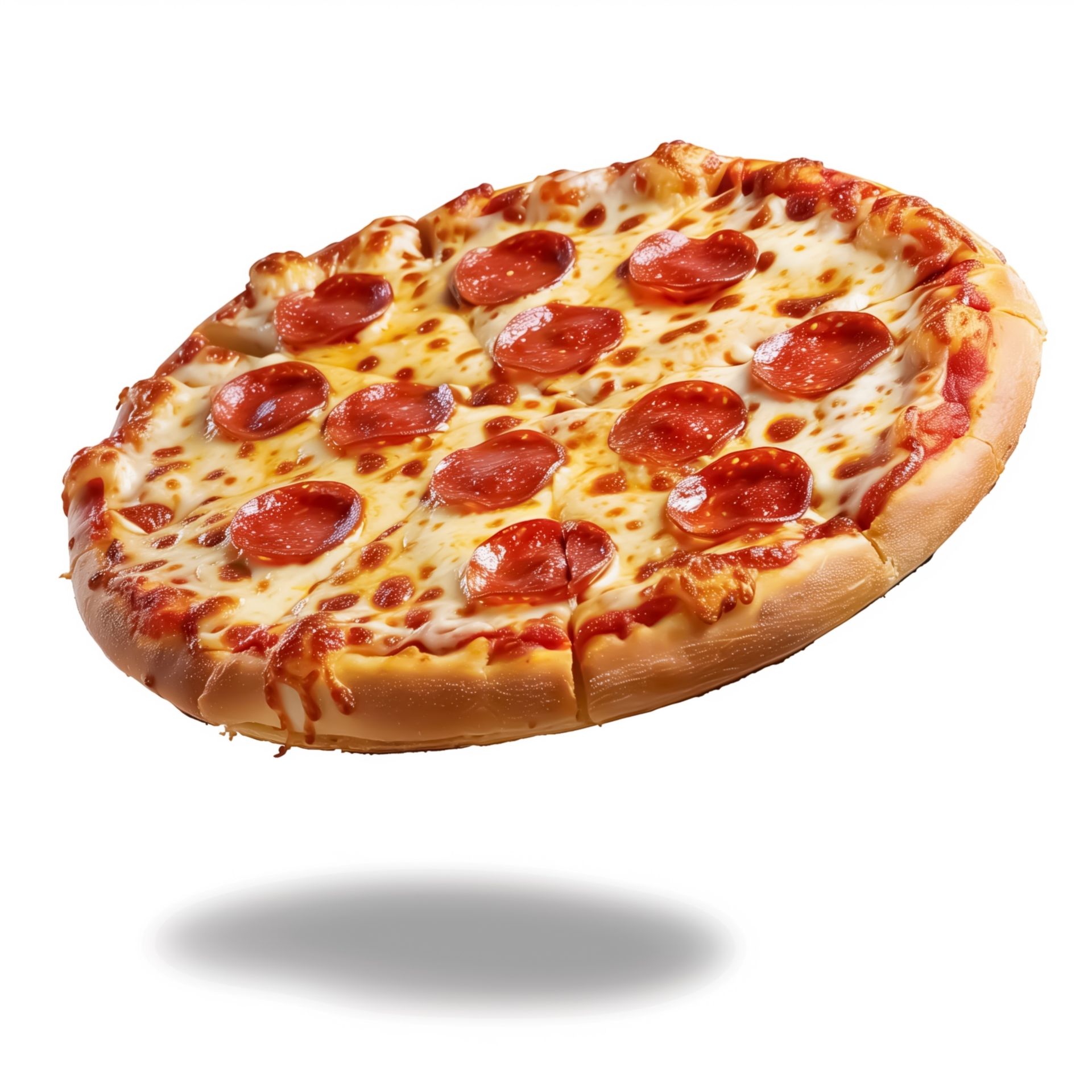The Truth About Weight Loss: Why Can't You Lose Weight? | Kansas City Laser-Like Lipo®
The Truth About Weight Loss: Why Can't You Lose Weight?

Photo Credit: Shutterstock
At Kansas City Laser-Like Lipo®, we realize the desire to lose weight is a common one, but the process can often seem frustratingly elusive. Despite trying various diets, exercise routines, and even our state-of-the-art laser-like lipo treatments, many people find themselves struggling to shed unwanted pounds. The truth is, weight loss really does come down to a basic principle: calories in versus calories out. Or, in other words, energy balance. In this article, we'll explore how calories in versus calories out affects weight loss, and why understanding this principle is key to achieving your weight loss goals, with or without treatments like we have at Kansas City Laser-Like Lipo®.
The fundamental concept behind weight loss is energy balance. This means that the calories you consume must be balanced with the calories you burn through daily activities and exercise.
Simply put, if you consume more calories than you burn, you will gain weight. If you consume fewer calories than you burn, you will lose weight. If you consume the same amount of calories that you burn, your weight will remain stable.
One important factor in energy balance is your basal metabolic rate, or BMR. This is the number of calories your body burns while at rest, just to maintain its basic functions like breathing and circulating blood. Your BMR is influenced by a number of factors including age, gender, height, weight, and body composition. Once you have an idea of your BMR, you can then determine how many calories you should consume each day to maintain or lose weight.
At the end of the day, it doesn't matter what specific method of weight loss you choose, whether it's laser-like lipo treatments such as our UltraSlim® technology by Ward Photonics®, a diet program, or surgery. All of these methods can be effective, but they all ultimately rely on the same principle of energy balance. For example, UltraSlim® laser-like lipo treatments that we have at Kansas City Laser-Like Lipo® can offer immediate fat loss results, but if a person is consuming more calories than their body needs on a consistent daily basis, any fat lost will eventually be replaced with new fat.
This is also true for any other weight loss program (there are thousands of them!) and surgical procedures like gastric sleeve surgery or bariatric surgery. If you continuously consume more calories than what your body needs on a daily basis and don't burn off those excess calories with exercise, you will gain weight. One of the reasons why gastric sleeve and gastric bypass surgery is so effective is that you can literally only consume an extremely small portion of food at a given time which forces you into a calorie deficit. However, as your stomach begins to expand over time, many gastric patients begin to ultimately consume more calories than what there BMR is, and they begin to gain the weight back.
It goes without saying that it's important to consume nutrient dense foods as well such as lean protein, veggies, healthy fats, fruits, healthy carbs, etc., due to the vast amount of nutrition these foods offer and how they give a long lasting feeling of fullness. But, even when you slip up and have that piece of cake, candy bar, or soda, you haven't ruined anything! As long as you still fall within a calorie deficit for the day, you will continue to lose weight.
Mark Haub, a professor at Kansas State University, proved a point he wanted to make in 2010 by eating nothing but Twinkies, Nutty Bars, powdered donuts, cereal, and other Hostes cakes for 10 weeks straight. The catch was though, he stayed at 1,800 calories and below each day which was well below his BMR. He ended up losing 27 lbs, dropped his bad cholesterol by 20%, increased his good cholesterol by 20%, decreased his triglycerides, and dropped his BMI by 10 points! He admitted that this is a terrible way to lose weight, but it proved his point about calories in versus calories out for weight loss.

Mark Haub (Professor at Kansas State University). Photo Credit: CNN
In addition to dietary changes, incorporating exercise can also help achieve and maintain weight loss by increasing the number of calories burned. This doesn't necessarily mean hours spent in the gym every day; even small changes like incorporating walking into your daily routine or taking the stairs instead of the elevator can make a difference. We have a friend of the clinic that has lost 86 lbs in 11 months by going on a walk every night with his dog, increasing his daily water intake, and staying at or below 2,000 calories per day (his BMR is 2,400 calories per day).
In conclusion, understanding the principles of energy balance and calories in versus calories out is key to achieving weight loss. Even if you swear that you are in a calorie deficit yet you are gaining weight or not losing weight, you simply are not in a calorie deficit. Whether you choose to use laser-like lipo treatments like we have at Kansas City Laser-Like Lipo®, follow a specific diet program, or undergo surgery, ultimately it all comes down to creating a calorie deficit. This may take time and consistency, but the benefits of reaching and maintaining a healthy weight are well worth the effort. By making small, sustainable changes to your lifestyle, you can achieve your weight loss goals and improve your overall health and well-being.











Share On: